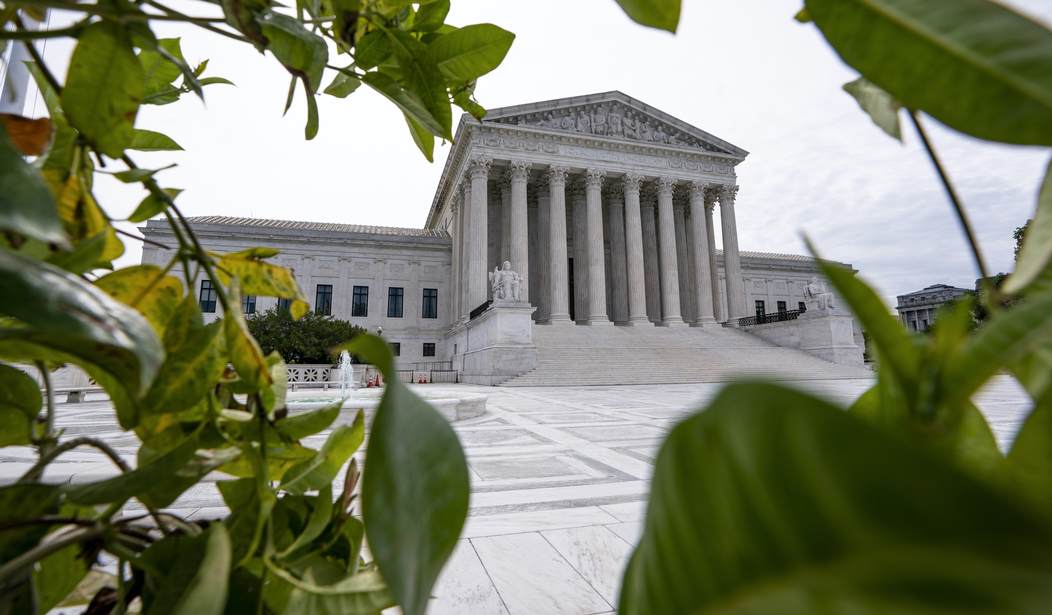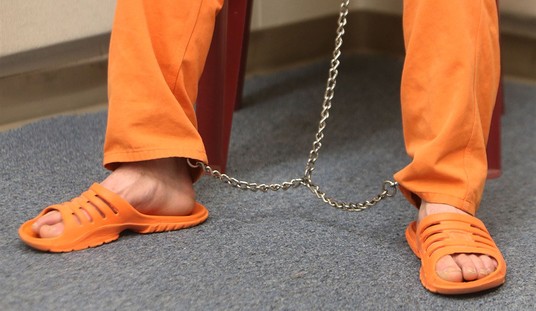I have only been able to briefly read over the proposed complaint that Texas is requesting permission from the Supreme Court to file against Pennsylvania, Michigan, Wisconsin, and Georgia. I have not had the time to do any meaningful research of the precise legal claims Texas proposes to advance, and my comments in this article are more of a “visceral” reaction to what I’m reading into Texas’ effort.
There seemed to be an open question on Wednesday whether other states would join in Texas’ effort, with the answer seeming to be that they would but only if the Supreme Court allowed the Complaint to be filed and go forward. But as of Wednesday night, it seems to be confirmed that 16 other states have joined in Texas’ request for the Complaint to be filed. It’s likely that Texas made it clear that the willingness of SCOTUS to decline the case was likely much higher if Texas was alone in making the claim. But when 17 states are asking for Court intervention and a chance to express their displeasure, it is much more difficult for SCOTUS to not take some action.
I strung together 8-9 tweets the day after Texas filed, and I hadn’t even finished reading it at that point. But the feedback to the Tweet-string was strong, so I figured I’d take a shot at expounding on the same idea here in a narrative form not bound by the 280 character limit.
I began my tweet string with a hypothetical about 20 states, with a combined 280 electoral votes, and all dominated by Party X “conspiring” with each other to engineer their election outcomes so that their 280 votes were guaranteed for the Presidential candidate of Party X. They carried out their “agreement” by using control of the election process in their states through rules and regulations – or ignoring same – to ensure more votes for the candidate of Party X than for his opponent, and the arrangement creates in perpetuity a President of Party X.
Article II of the Constitution leaves it to each state legislature to determine the manner in which the state’s Electors are chosen for the Electoral College. It seems to be a given that the Framers assumed the elected officials of each state responsible for deciding and carrying out the manner for selecting electors would manage the process in an ethical and legal fashion given the gravity of the obligation.
Modern technology and data analytics being what they have become, the electoral process of each state has now itself become a partisan battleground prior to a single vote being cast, with political parties and political interest groups using a variety of means to compel election officials to act – or not act – in ways the party or interest group believes gives an advantage to its candidates.
State actors are often partisans themselves, and seemingly take actions – or fail to act – in ways that are interpreted as being motivated by their partisan interests. The combination of “shaping” the battlefield of the election process prior to Election day, and influencing the actions and inactions of Elections Officials at the state or local level in the process of counting the votes, has now led to allegations that the outcome of the election has been corrupted by partisan interests that put vote totals ahead of fairness, integrity or transparency in the process of arriving at those totals.
By virtue of becoming a state, can it be said that each state has taken an obligation to each and every other state with regard to how it goes about carrying out the process of conducting its election for the only two offices which are subject to a nationwide vote?
These are the only two offices where the voting in one state has a direct impact on the voters of other states. For those two offices, do states have cognizable rights to expect that each and every other state will conduct elections for President and Vice President in a manner that guarantees ballot integrity, and a fair and accurate count of the votes?
What recourse do one or more states have in the face of evidence that one or more other states have failed to produce — intentionally or by negligence — an election process and ballot count with integrity?
If the Supreme Court is not a forum where such disputes can be aired and resolved, what forum is there? Congress is controlled by the same partisanship that is said to be the cause of the irregularities at the state and local level.
The hypothetical I put in my Tweet string, and partially restated above, included actions in concert by election officials in a minority number of states to “fix” the outcomes of their state elections in a corrupt manner behind closed doors. It’s done intentionally and with corrupt motivations — to take and hold the powers of the Executive Branch of the federal government. Meaningful audit processes are unavailable, or those audit processes are themselves corrupted by the same state and/or local level partisans.
Do the citizens of the 30 states who stand to be shut out of the Executive Branch of the federal government in perpetuity have no avenue of redress? Is there no remedy or forum for evidence of this corruption to be considered?
This is simply a hypothetical of an extreme circumstance. But if the 30 states are entitled to a forum to be heard, that means the Supreme Court has a role to play in hearing a dispute between states over issues of ballot integrity and vote counting free of fraud or misconduct.
If that is true, then let us alter the hypothetical. Suppose the outcome of the election is such that whoever wins Georgia wins the Presidency — just like in 2000, those Electoral votes from Georgia are what will put either one candidate or the other over the top.
Let’s suppose that there is compelling evidence that invalid votes were counted by officials of Party X who were in charge of the election apparatus in Fulton County because they decided to not make any effort to match signatures on ballot envelopes with signatures stored in an electronic database. Because of time considerations, they simply opened the mail-in envelopes and pulled out the ballots for counting. The vote totals are so one-sided that they deliver the overall state majority to the candidate of Party X. When it comes time to audit and certify the vote, State officials say that since there is no way to identify which specific ballots might have come from ineligible voters because the ballots have been separated from the envelopes, an audit cannot be done. But to avoid disenfranchising all the valid votes which are intermingled with some number of invalid votes that can’t be identified, they certify the outcome.
Fulton County clearly did not follow state law, but Georgia determines the only available remedy is too drastic to impose so it allows any invalid votes to be included, declares Party X’s candidate to have won the state, which gives Party X’s candidate the election nationwide.
Do the states that voted for Party Z’s candidate have no enforceable claim to compel Georgia to comply with its own election laws even if it doesn’t like the outcome?
Now suppose the state is Pennsylvania, and all the local and state officials involved are from Party X. Suppose there is objective evidence of misconduct and corruption by the state and local officials who ignore all evidence of possible corruption in the vote count and certify the outcome for the Candidate of Party X, which settles the national election in favor of the Candidate of Party X.
Do the states that voted for Party Z’s candidate have no enforceable claim to seek review of the objective evidence of misconduct and corruption by the Pennsylvania state and local officials who caused the outcome to be determined for their Party’s candidate through corrupt means?
All the commentators dismissing this action by Texas as not being serious are failing to consider one fact — in my opinion — which is crucial to the question of whether the Supreme Court will allow this matter to go forward. In cases of original jurisdiction, the Supreme Court is the fact-finder in the first instance. The evidence upon which Texas claims supports the allegations would be presented to the Supreme Court in a trial-like proceeding with the nine Justices serving as both Judge and Jury. Maybe they would be wholly unimpressed by the nature or quantity of admissible evidence that Texas is able to present as proof of the allegations in the complaint.
But can they simply decline to hear evidence of this form of dispute between two states where the allegations of misconduct and corruption by one state’s exercise of authority given to it by the Constitution directly impacts the constitutional rights of citizens of other states?
I have concerns that the Justices will view these matters as nonjusticiable — meaning that while there may be validity in the claims raised by Texas, the claims are political disputes between the partisan branches which they must resolve outside the judicial branch.
What other means might exist for Texas to resolve its claims is where the difficulty sets in.
Frankly, the one remaining remedy the Republicans have is not available now but might become available in the future.
Evidence of an illegitimate Biden election could be introduced in the House via an impeachment proceeding if the GOP takes over the House in 2022. If impeached on that basis the Senate could remove both Biden and Harris from office.
All involved would be subject to the will of the voters in 2024, who would then have the final say on the outcome of the 2020 election.














Join the conversation as a VIP Member